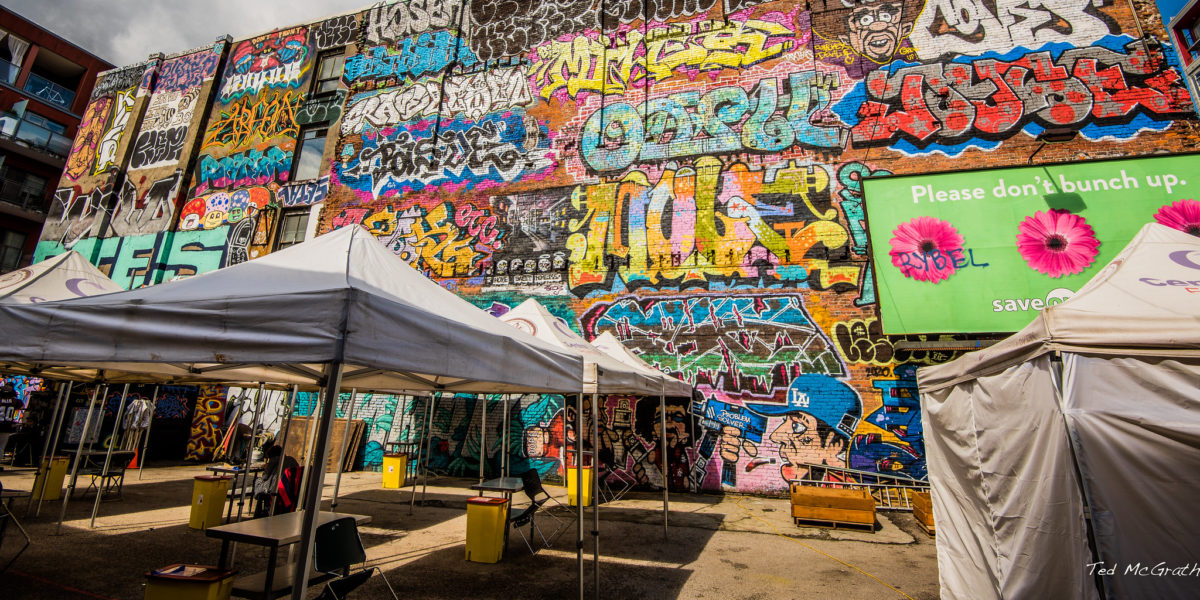In May of this year, B.C. became the first province in Canada to be granted a federal exemption to decriminalize the possession of small amounts of illicit drugs. While only temporary—the exemption will be active from January 31, 2023, to January 31, 2026—this change is one crucial step in addressing the overdose epidemic that has claimed the lives of more than 10,000 B.C. residents since a state of emergency was declared in 2016.
It’s important to note that this change is far from perfect; many advocates believe the threshold limits are too low and do not accurately represent the reality of usage. While the intricacies of the policy may need ironing out, it is a step in the right direction. Recently, I spoke with someone who is vehemently of the view that decriminalization “rewards criminals,” and “encourages drug use,” which is not only a reductionist view of the problem, but also inaccurate. In fact, decriminalization in other countries has proven to reduce drug-related deaths, decrease stigmas that prevent drug users from seeking treatment, and diminish the number of people whose lives are negatively and needlessly impacted by incarceration.
One does not need to look far to find proof that decriminalization reduces drug-related deaths. Portugal, while not the first nor the last country to enact decriminalization, has become a model example of the benefits of such policy changes. Since their policy went into effect in 2001, the number of drug-related deaths has fallen to six deaths per million, which is substantially lower than the European average of 23.7. It’s important to note that decriminalization is only one piece of the puzzle of the Portuguese model; these policy changes must work in tandem with a health-centered approach to addiction. The fact of the matter is, regardless of the legal status of illicit drugs, they will always be available, and there will always be a market for them. Instead of closing our eyes and hoping the problem will solve itself on its own, we need to take active, drastic measures within the health-care system to combat the problem.
Another benefit of decriminalization is that it reduces stigma around drug addiction. Many addicts are riddled with shame that prevents them from seeking the medical help they need. During my time working in the Downtown Eastside of Vancouver, I spoke with several addicts. One woman I would almost go as far as to call a friend. I’d often stop to chat with her on my way to work, giving her my lunch leftovers if I had any. She told me once that my compassion made her feel more comfortable to seek medical help for her addiction. A few months later, I saw her on her way to a job interview; she’d gone to rehab and was a month clean. While I know this is not data but a personal anecdote, it’s a real-life case study in how compassion and understanding can help release people from the grip of addiction. If drug users know they will be treated with dignity and care rather than judgment and contempt, they are more likely to seek help.
Additionally, when drugs are criminalized, users are much less likely to get the medical and psychological help they need due to fears of being arrested, charged and/or incarcerated. That’s a valid fear. Going to jail over a small possession of drugs can derail a person’s entire life. Someone who is incarcerated for possession has a much lower chance of beating their addiction and re-joining society as a productive and contributing member than say someone who gets the medical intervention and rehabilitation they need. Incarceration is also more expensive than rehabilitation; even from an economic standpoint it makes sense to view addiction through a health lens rather than a criminal one.
Here in North America, we’ve tried prohibition; it doesn’t work. The ongoing war on drugs in the U.S. is a prime example of drug prohibition catastrophically failing. In addition to the trillions of dollars spent on anti-drug campaigns and incarceration costs alone, the United States has seen a massive uptick in drug-related deaths in recent decades. But legalization doesn’t make sense either. The recent changes in policy surrounding marijuana are poor examples to follow for more dangerous, more addictive drugs. If cocaine, for instance, was available in stores, it’s almost guaranteed more people would experiment. People against decriminalization seem to be confusing it with legalization. To be clear, I do not support full legalization of illicit drugs; I support a decriminalized, health-centric approach to addiction.
To enact these changes on a larger and more effective scale, public opinion surrounding the narrative needs to change. While it’s comforting that 59 per cent of Canadians support decriminalization policies, the number should be higher. Instead of treating addicts like criminals in need of punishment, we need to treat them like what they are: human beings in need of help. If addiction can be treated in the health-care system instead of driven further into the streets, it’s likely we will see the same results as Portugal: record-low numbers of drug-related deaths, lower addiction rates, and higher chances of users overcoming their addiction and becoming contributing members of society. More jurisdictions need to follow suit with decriminalization; substance abuse is a public health issue, not a criminal one.



